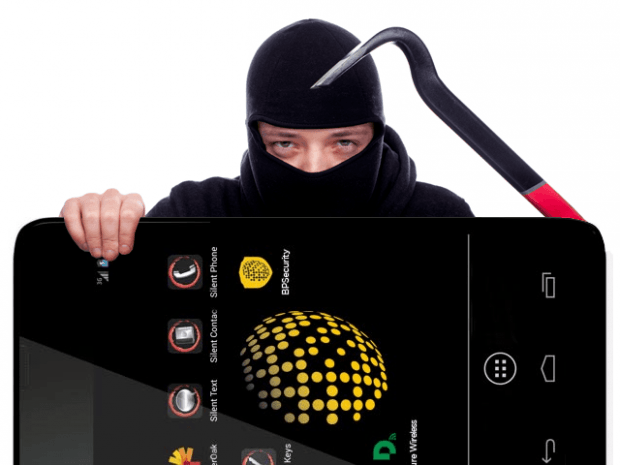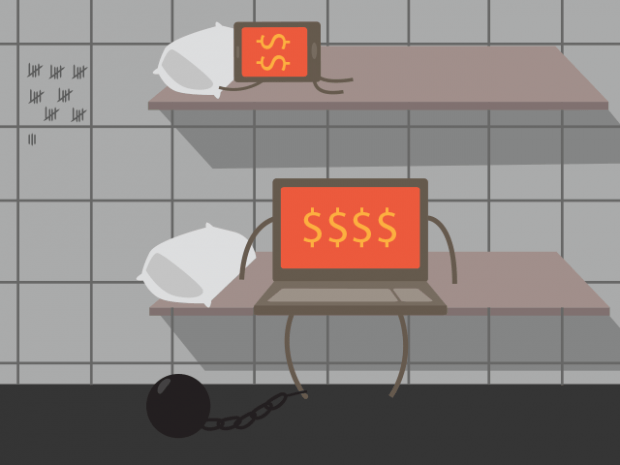
Superfish: Adware Preinstalled on Lenovo Laptops
It turned out that Lenovo’s laptops had been shipped with an adware called Superfish. It possibly allows eavesdropping on encrypted connections
787 articles

It turned out that Lenovo’s laptops had been shipped with an adware called Superfish. It possibly allows eavesdropping on encrypted connections

Kaspersky Lab researchers uncovered Desert Falcons, the first exclusively Arabic APT group, presenting their findings at the Security Analyst Summit in Cancun.

The Carbanak APT group managed to steal a total of $1 bln from dozens of banks worldwide

New version of CTB-Locker, a ransomware that uses Tor and Bitcoin to evade detection and takedowns, should be avoided at all costs.

A researcher has developed a nasty bootkit capable of taking complete control of OS X devices. Here is what you need to know.

A new variant of the Zeus banking trojan has emerged, targeting consumer accounts at 150 banks in 15 countries.

We have seen a number of cases where a user has deleted our product for Android and ended up with a locked device. Here we discuss why this happens and what can be done about it.

A new APT campaign called Regin targets the usual victims plus a prestigious cryptographer and the GSM standard on which most cellular communications occur.

The first five victims of Stuxnet were deliberately selected by the attackers and allowed to execute an attack on the uranium enrichment plant in Netenz.

Yesterday, researchers disclosed a powerful iOS vulnerability that is responsible for the WireLurker Apple malware.

Kaspersky Lab revealed a cyberspy campaign, Darkhotel, which had been active for seven years in a number of luxury Asian hotels.

Hacking and espionage are hardly crimes for the secret service, but rather are a part of their everyday work. But imagine what could happen if their tools end up in wrong hands.

Like it or not, your children are going to be on the web. Kaspersky’s award-winning parental controls let you monitor their activity and block them from any sites that you choose.

Expert reviewers are declaring KIS 2015 the best version yet, and one of the best AV products on the market.

A new version of file-encrypting malware hides its sever inside an anonymous TOR network, making it safer for criminals to extort money from victims.

The list of highly touted devices that have been launched in recent years with embarrassing flaws – security and otherwise – is long and distinguished.

Free antivirus programs offer basic protections, but in order to be protected against phishing attacks that can steal your personal and financial data you need an Internet browser security program.

Many of the websites that claim to be World Cup streaming services will harm your system and can steal your credit card information, if you let them.

There were long time rumors about iPhone malware used to spy on smartphone owners, but now it’s official ―Kaspersky Lab researchers discovered a real life sample of this Trojan.

Cabir, the first smartphone virus ever, turns 10. Here are some amusing facts about it.

Computer ransomware is getting more sophisitcated, while mobile cryptolockers are emerging both in Europe and the U.S.